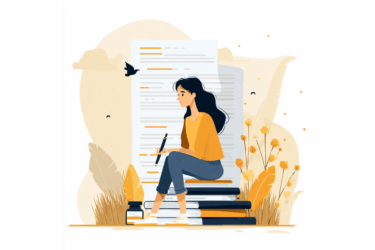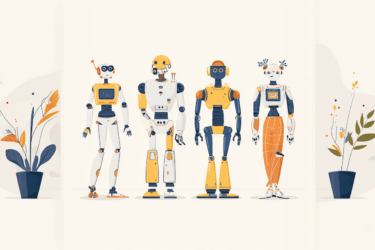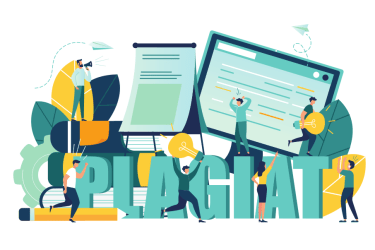Everything that is well-known today at some point in history was novel and ground-breaking. Even the words and phrases we use regularly were introduced to the audience one day! Moreover, in some cases, we know the authors of the neologisms that have become a natural part of everyday speech. So, certain writers have created something more than just a book – they have shaped the language as we know it now.
Let’s look at some curious examples of neologisms and how they appeared in language. Enriching vocabulary is a good way to write better texts that are original and approved by a plagiarism tool!
Serendipity
Meaning: an unplanned, fortunate discovery
Author: Horace Walpole, 1754
The word alludes to Serendip, the old Persian name of Sri Lanka, and a Persian fairy tale, The Three Princes of Serendip. As Walpole explained in the letter to his correspondent, in the tale, the princes were “always making discoveries, by accidents and sagacity, of things they were not looking for.” He compared his recent discovery to the plot of this story, explaining the origin of “serendipity,” the word he has invented.
Catch-22
Meaning: an impossible situation when one cannot do one thing until doing another thing but cannot do the second thing until doing the first thing
Author: Joseph Heller, 1961
In his book Catch-22, Heller describes an impossible situation for military pilots, whose only choice to evade flying a suicidal mission is to be recognized as insane. However, asking to avoid such missions is a sign of a sane mind and, therefore, is not an option for the pilots.
The book was meant to be named Catch-18, after the number of the military regulation that set the described rule. However, after Leon Uris’s Mila 18 bestseller, Heller decided to change the number in the title to avoid confusion.
Workaholic
Meaning: the person addicted to work
Author: Dr. Wayne Oates, 1971
The word appeared in Oates’ book Confessions of a Workaholic: The Facts about Work Addiction, where the author introduced the concept of work, in certain cases becoming an addiction similar to alcohol. So, Oates used the suffix -holic that denotes addiction, as in the word “alcoholic,” in a new context.
Freelance
Meaning: someone selling services to clients with no long-term contract
Author: Walter Scott, 1820
Nowadays, freelancers are associated with traveling, coffee shops, and laptops. However, in his Ivanhoe novel, Walter Scott coined this word to describe medieval mercenary warriors, or “free lances,” who were hired as militants for a fee. “Free lance” in that context meant that the lance was not sworn to any lord’s services.
Cyberspace
Meaning: the virtual world created by Internet infrastructure
Author: William Gibson, 1982
William Gibson, the leader of a cyberpunk genre movement, introduced the concept of cyberspace in his Neuromancer novel. In Gibson’s writing, cyberspace was described as a world created by computer network and inhabited by AI beings.
Banana republic
Meaning: the country whose economy relies on the export of natural resources, e.g., bananas; usually economically and politically unstable
Author: O. Henry, 1904
O. Henry coined the banana republic term to refer to the fictional Republic of Anchuria in his Cabbages and Kings book. The collection of short stories was based on the author’s experience in Honduras. The neologism was introduced to describe Honduras and Guatemala under the economic exploitation by US corporations and later got a wider usage.
Beatnik
Meaning: members of a social movement in the mid-20th century who promoted an anti-materialistic lifestyle and self-expression through different forms of art
Author: Jack Kerouac and Herb Caen, 1958
In 1948, Jack Kerouac, the pioneer of the Beat Generation, introduced the phrase, generalizing the views and experiences of non-conformist underground youth from his social circle. It was the Chronicle columnist Herb Caen who coined the name for the followers of the Beat Generation, inventing the word beatnik.
PlagiarismCheck.org is here to support your writing and creativity! Originality and Chat GPT plagiarism checker, Grammar and Punctuation tools, Authorship Verification, and Citation Generator will ensure your work is flawless, and our articles will provide inspiration and insights for new beginnings. Join us today!






